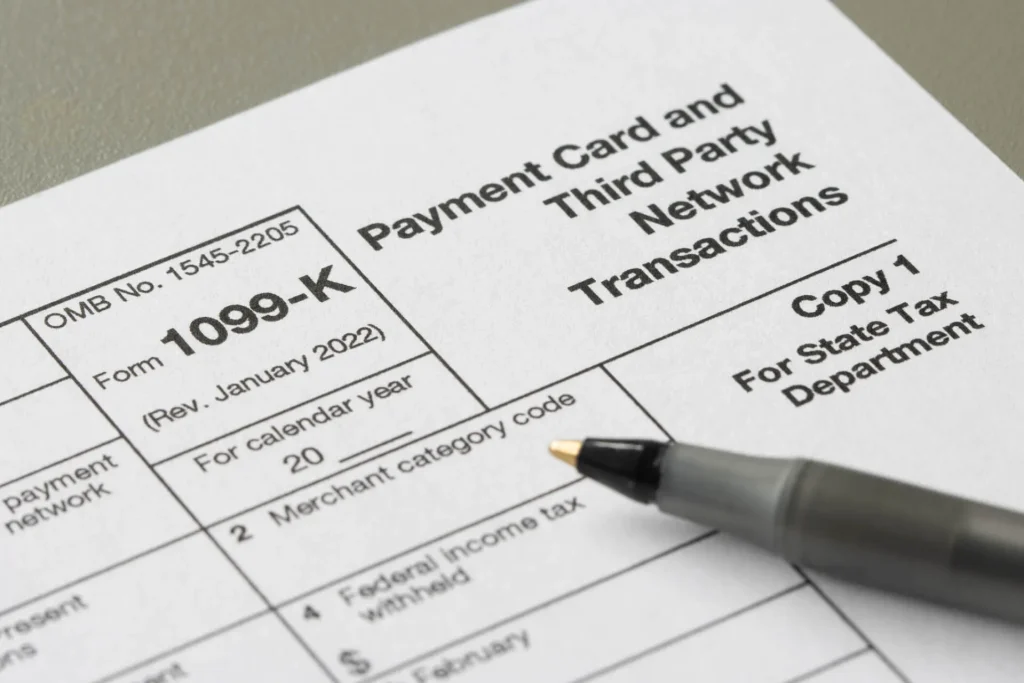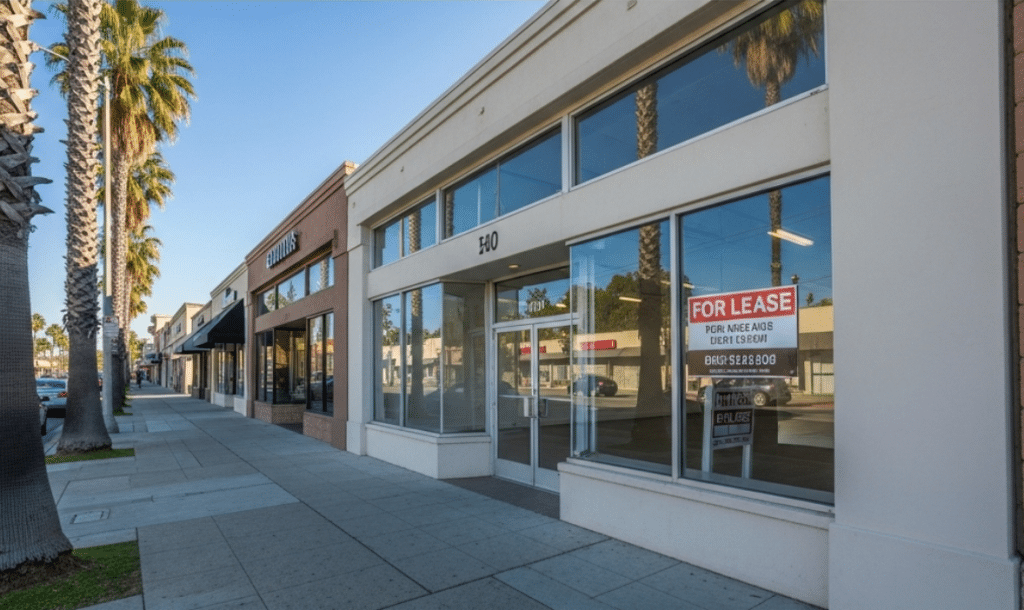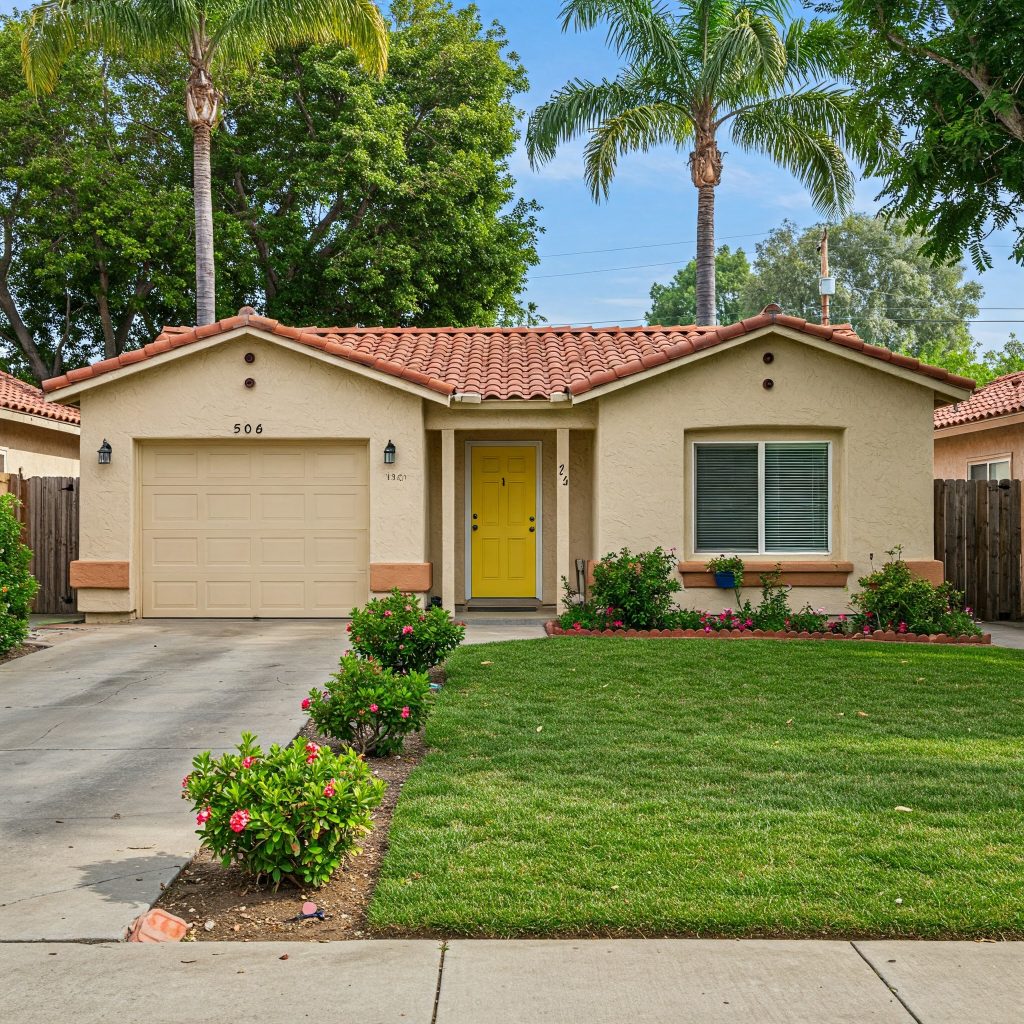Avoid IRS trouble by understanding how changes to 1099 forms will affect your rental property business in the San Gabriel Valley and Southern California.

To address unreported rent, the Internal Revenue Service (IRS) has introduced a new change: rental income over $600 must now be reported by landlords during tax season instead of $20,000.
Addressing the impact of pandemic-related economic issues, Congress passed the American Rescue Plan Act of 2021. The plan was designed to help combat unreported income generated from sources outside of traditional employment.
The Act requires that landlords and property managers report rental income over $600 during tax season. This change will help the IRS better track rental property income and hold both parties accountable for reporting accurate information. The new requirement will make it easier for renters to claim applicable tax credits or deductions while helping ensure that all rental income is properly reported.
This new rule applies to all property types, including residential properties, commercial properties, vacation rentals, etc. The IRS has also updated the rules for reporting other property-related payments, such as interest and dividends. These payments will be reported using Form 1099-INT or Form 1099-DIV, respectively.
Avoid penalties from the IRS by ensuring that you follow all new rules and regulations regarding rental property ownership. Property managers and landlords should also update their bookkeeping practices to correctly document all tenant and contractor income and expenses. You could be subject to costly fines or other penalties if you don’t.
Ultimately, these new rules will help the IRS identify unreported income associated with managing rental properties and ensure everyone pays their fair share of taxes. Property owners should familiarize themselves with the new forms and rules to avoid penalties and ensure compliance with the latest IRS regulations.

What is Considered Rental Income?
Rental income consists of any tenant payments in exchange for occupying or using a property. This includes rent, unreturned security deposits, and late fees. If the tenant pays for any of your expenses, the payments may also be considered rental income. For example, if a tenant pays for pest control, those payments may be considered rental income.
Property or services received instead of rent, such as artwork, furniture, or landscaping services, may also be considered rental income. For example, if a tenant provides landscaping services instead of one month of rent, the monetary value of one month’s rent would be considered rental income.
You should report rental income regardless of the payment type. This means that rental payments received in cash, checks, money orders, or other payment methods must be reported to the IRS.
Property managers and landlords should also keep detailed financial records of their rental income, including tenant names and addresses, dates of rent payments, and amounts received. This information should be stored in a secure location and updated regularly.
This article is for information only. Always consult a tax professional with an understanding of your specific situation.
What are the 1099 Requirements to Report Rental Income?
The 1099 form is an important document for anyone who earns income from sources that are not employer designated. This includes landlords, independent contractors, and those who receive a tax refund from the state or local level. There are different variations of the 1099 form, but landlords need to know about some of the key ones:
Form 1099-MISC for miscellaneous income.
This miscellaneous form reports income from rent, royalties, and other non-employment activities. These forms must be mailed to recipients and the IRS by January 31 if there is no data in boxes 8 or 10. If there is data, it must be sent by February 15.
Form 1099-NEC for non-employee compensation.
This form is used specifically to report rental income from tenants and subcontractors. This form must also be completed and filed with the IRS by January 31 of the following year.
Form 1099-K for payment card and third-party transactions.
Property owners that collect rent through credit cards, debit cards, or third-party payment services like PayPal will receive this form automatically. The 1099-K is an information form that third-party vendors use to report certain payment transactions. Likewise, you should receive Form 1099-K by January 31.

Knowing when to file these forms, who should receive them, what information needs to be included, and how to report these figures to the Internal Revenue Service can help ensure tax season runs smoothly each year.
Property owners’ burden of this new change lies in the reporting process. Property owners and management companies are required to track rent payments from each tenant and generate a 1099-MISC form for any commercial tenant whose total payments exceed $600. Lastly, they need to give the commercial tenant a copy of the form and file it with the IRS.
Before filing a 1099 form, property managers or property owners must obtain a valid Taxpayer Identification Number (TIN) from the independent contractor or unincorporated business. Completing these requirements is essential: it allows the IRS to track income effectively, ensuring all participants pay taxes as appropriate and remain compliant with revenue taxation rules.
To keep your rental business running smoothly, you must comply with 1099 regulations. Familiarize yourself with the details of these rules so you can avoid any problems down the road.
Standard Rental Property Tax Deductions
Property owners can take advantage of several deductions related to the rental business. Standard deductions include mortgage interest, depreciation, repairs, maintenance, advertising expenses, travel costs for managing property, legal fees, insurance premiums, and more.
Keeping track of all expenses associated with running a rental business is essential, as these costs can be deducted from your total taxable income. Speak with a tax professional to understand the full range of potential deductions and learn how they can lower your tax bill.
At the end of the year, landlords must also complete Schedule E to report rental income and expenses. This form will show your gross rent income and related deductions.
Remember that each state has its own tax laws when filing taxes as a landlord. Ensure you’re aware of local requirements and consult an accountant for guidance.
Working with a Property Management Company in Los Angeles County
If a landlord or property owner has multiple properties, managing and filing paperwork can become quite a task. Although filing rental income taxes can be daunting, it’s crucial to ensure you remain compliant with all applicable laws. Properly tracking your expenses and filing appropriate forms will help ensure your rental business remains profitable in the long run.
As a San Gabriel Valley property management company, InveServe Corp can help you with rental tax documentation and other legal compliance needs in the San Gabriel Valley area in Southern California. We offer comprehensive services that simplify the entire process, from tracking rent payments to filing 1099s. Contact us today to learn more.



